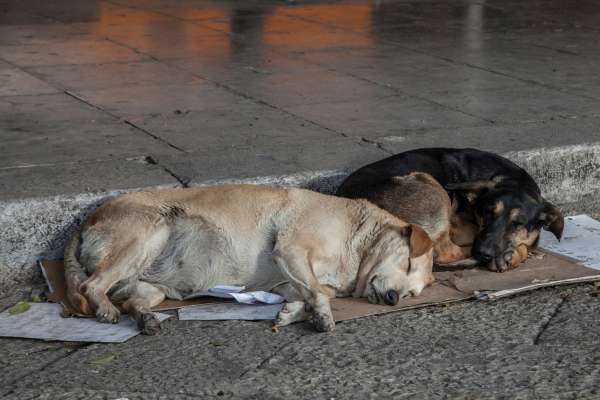Canine attacks in crowded urban areas unexpectedly became a topic of discussion in the Supreme Court on Monday. Solicitor General Tushar Mehta drew Chief Justice of India D.Y. Chandrachud’s attention to the recent tragic death of a 14-year-old boy in Uttar Pradesh. The boy had died from symptoms similar to rabies after being bitten by a dog.
Chief Justice Chandrachud then shared an incident from his office, where stray dogs had attacked a clerk.
This discussion arose when the Chief Justice noticed a lawyer with a freshly bandaged arm in the courtroom, who explained that a group of stray dogs had attacked him. In response, the Chief Justice offered to arrange immediate medical treatment for him. This incident led to a lively debate on the growing risk of dog attacks, particularly on children.
In July, a Bench consisting of Justices J.K. Maheshwari and K.V. Viswanathan had agreed to consider various perspectives on requests to euthanize “suspected rabid” and “extremely dangerous” stray dogs.
Animal rights activists argued that this issue was sensitive and needed legal examination. They contended that local authorities were not rigorously implementing animal birth control rules and that people should not be allowed to oppress stray dogs by labeling them “rabid” or “dangerous.” They pointed out instances where stray dogs were hanged, poisoned, or thrown into rivers.

 DogExpress
DogExpress


















 in Chandigarh, India.
in Chandigarh, India. 
